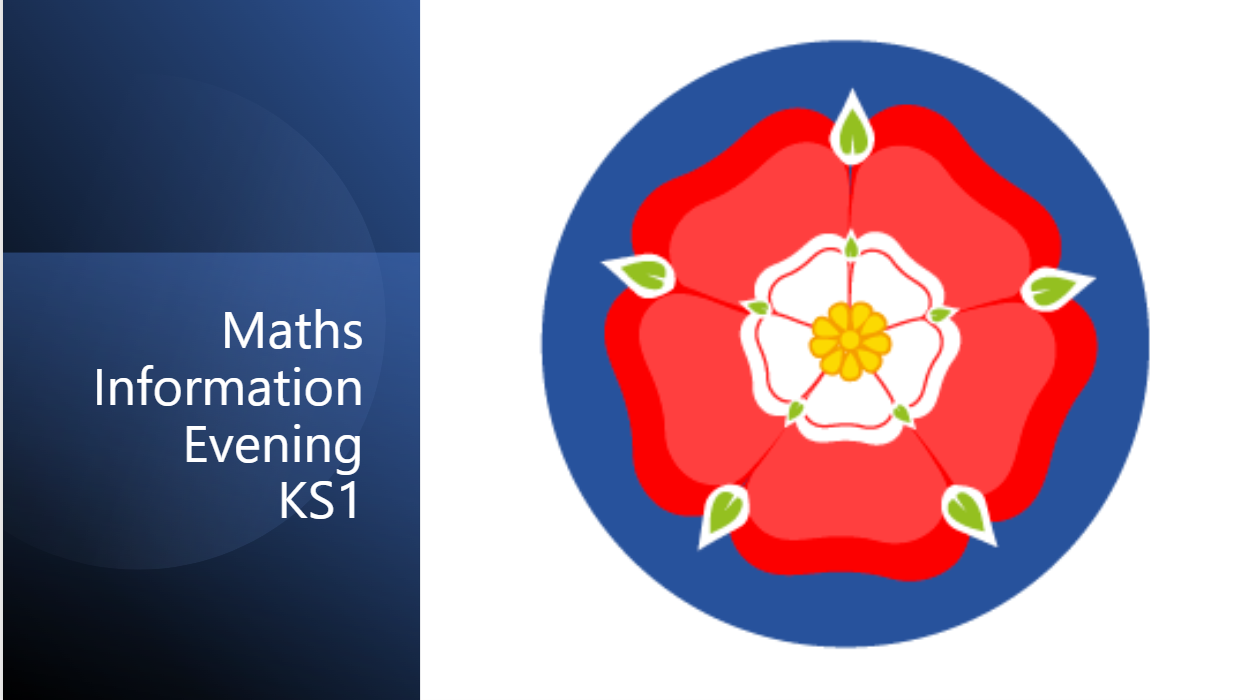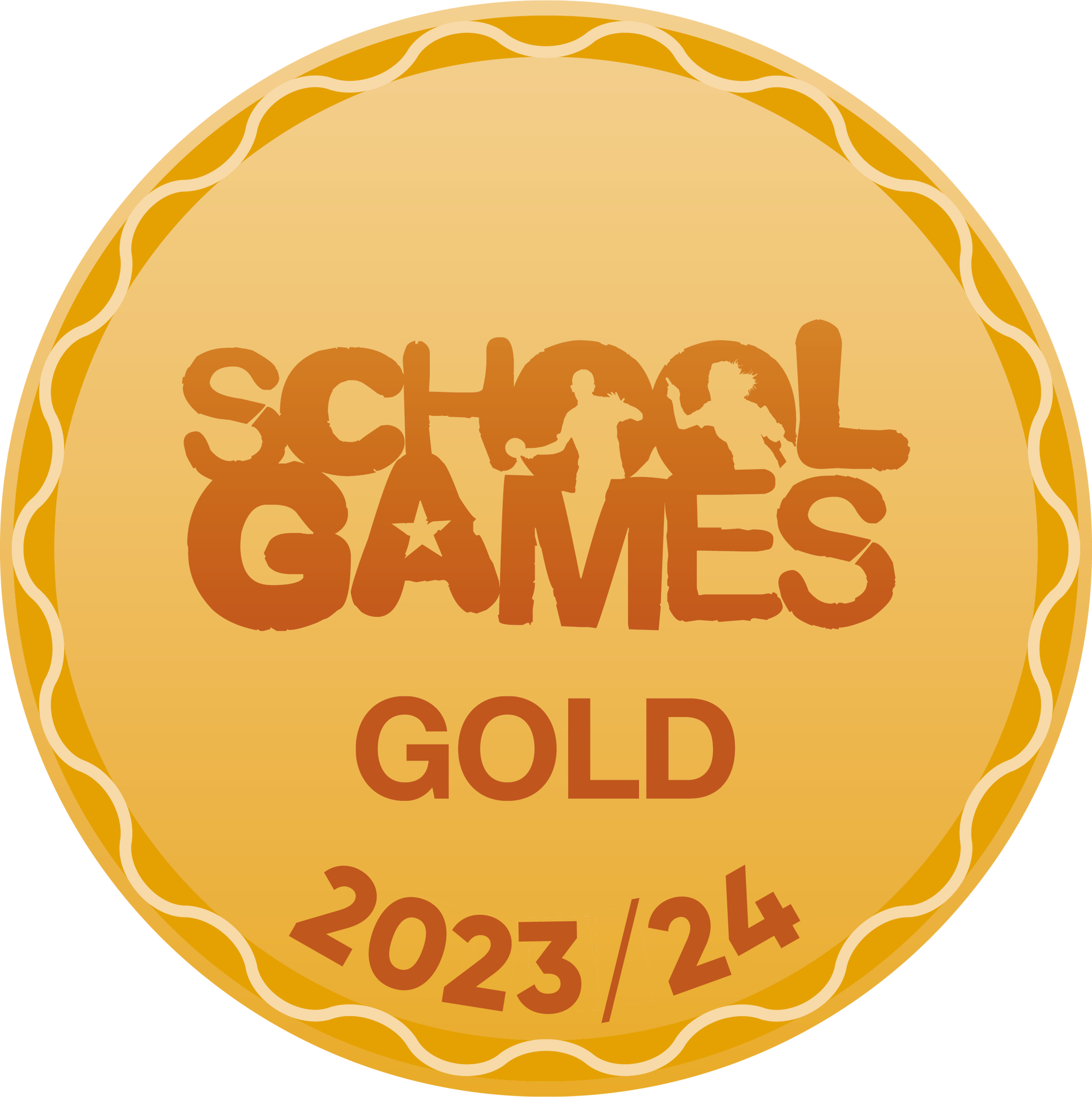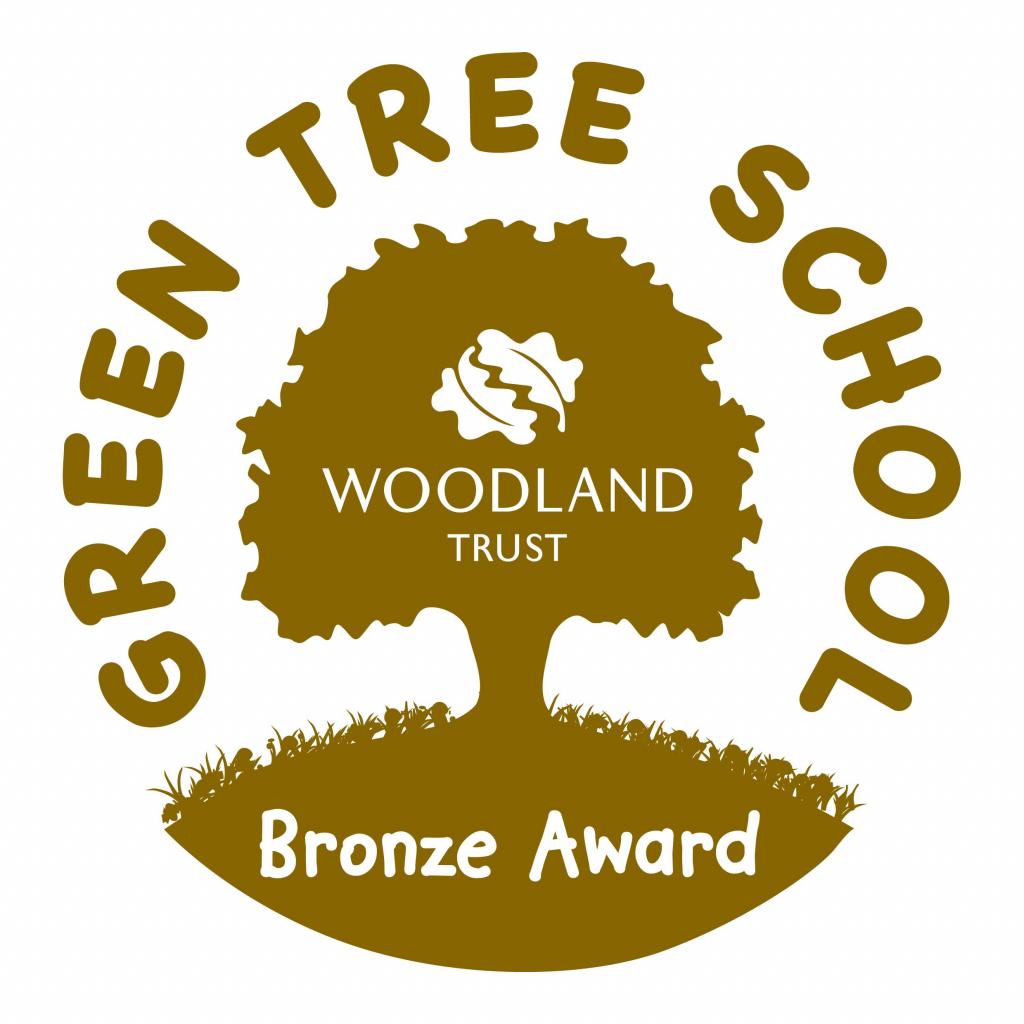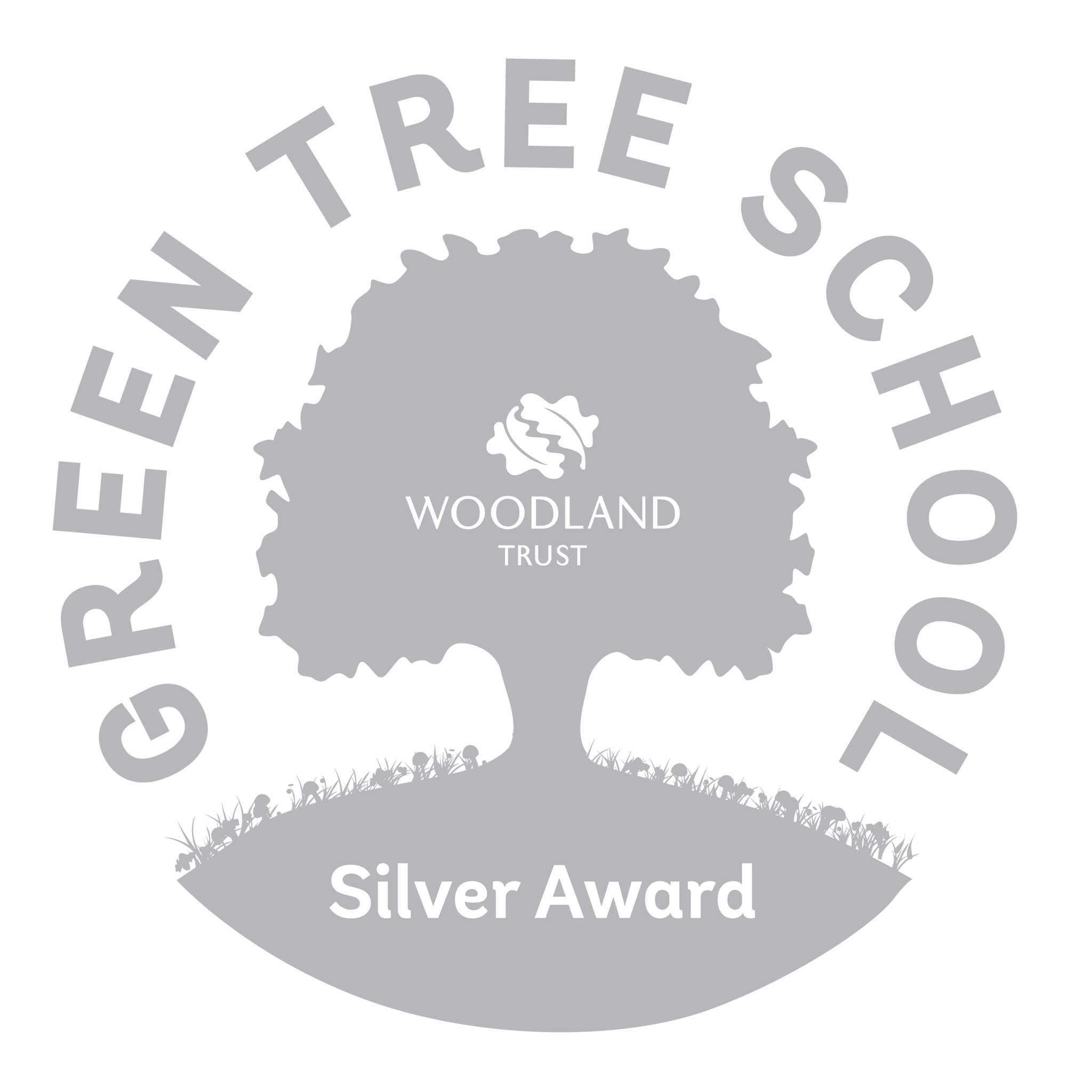Mathematics
Our subject leader for Maths is Mrs Dawn Shellis
Maths
Intent
The school follows a mastery approach based on the 5 big ideas of mastery to deliver the National Curriculum for maths . The school has been working with the White Rose Maths Hub developing maths across the school and working with other schools exploring the mastery approach.

Learning is broken into small steps and there is an integrated approach to fluency, reasoning and problem solving. Questioning is built into lessons to develop mathematical talk and questioning.
Implementation
- White Rose planning is used across the school. This year Reception are also using the newly introduced White Rose reception planning as a basis for their planning.
- NCETM teaching resources are used to support pedagogy.
- NCETM early years progression documents are being used to support planning in Early years including nursery.
- The White Rose long term plan is being used alongside the White Rose National Curriculum Progression document to plan for progression across the year groups. This supports teacher’s understanding of what comes before current learning, as well as how what children are currently learning supports what they need to learn next.
- Lessons build on :
Oral/mental starter – to develop fluency and keep going over tasks already taught.
Multiple representations and variation – representing the same thing in different ways.
Small steps in a sequence to build on previous learning.
Sequential to support children making links in their learning.
Challenge through questioning as well as reasoning / problem solving.
- All staff participated in training from the White Rose Maths Hub in 2018/2019 covering: using a concrete, pictorial, abstract approach in lessons, developing questioning in maths, and planning for depth.
- Our calculation policy was revised and adapted in association with White Rose Maths Hub support.
- Learning is supported in every classroom with a maths working wall.
- Talking partners are established in maths lessons to support children’s confidence exploring patterns, making connections and talking about their maths.
- Challenge – as well as reasoning and problem solving tasks from White Rose, children are challenged using tasks from NRich, Deepening Understanding and I See Reasoning and Problem Solving.
- Assessments – at the end of every term the White Rose assessments are used to gauge where children are in their learning. End of block assessments are also used to support teacher’s judgements of children’s progress towards end of year group expectations.
- Further fluency of times table facts is developed through Times Table Rockstars.
- The school participated in NSPCC Number Day promoting fun in maths as well as links with PSHE supporting charity work.
- Monitoring of maths takes place through lesson drop-ins, environment audits, book scrutiny and pupil voice.
Please click the photo below for a video of the KS1 maths information meeting
Vocabulary
Vocabulary is explicitly taught at the start of each unit of learning. All pupils have access to the vocabulary as it is displayed on the working wall, in books/on tables. The definition and application of the vocabulary is modelled continuously by the teacher/teaching assistant throughout the unit of work. There is a high expectation for pupils to use, model and apply the vocabulary in their verbal and written reasoning.
Mathematical Impact
We will have learners who can:
- Clearly explain their reasoning and justify their thought processes
- Quickly recall facts and procedures
- Have the flexibility and fluidity to move between different contexts and representations of mathematics.
- Have the ability to recognise relationships and make connections in mathematics.
- Be happy, confident, articulate and autonomous learners with a life-long passion for learning
A mathematical concept or skill has been mastered when a child can show it in multiple ways, using the mathematical language to explain their ideas, and can independently apply the concept to new problems in unfamiliar situations.


.jpg)








.png)



